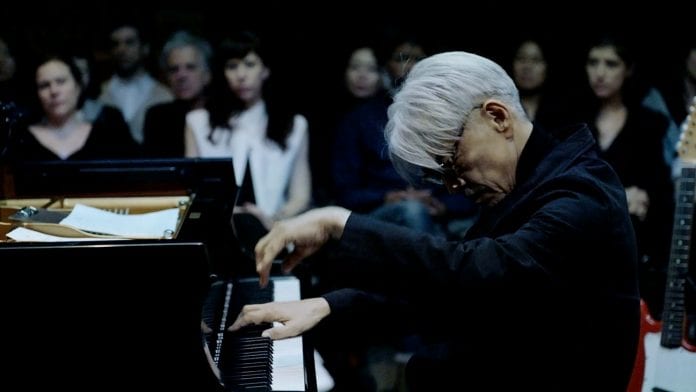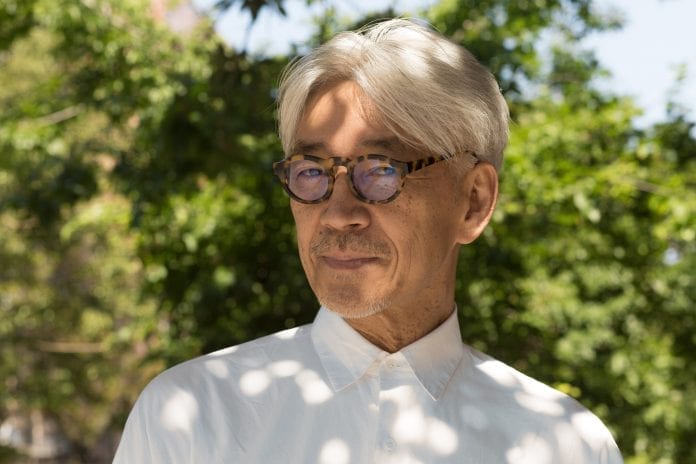What is a movie without music? Does an image itself possess the ability to make a strong enough impression on a person and awaken emotions? Without the soundtrack, a movie would have a hard time bringing the same feelings in the spectator – it would be a bunch of frames on a big screen.
A good composer will know how to the images that swarm in his head and the burst of emotion that resides in him. His motivation and a handful of inspiration are what a wide audience recognizes and appreciates as a unique piece of art. Luckily, the world abounds of talented individuals whose melodies we hum on our way out of the cinema or we can’t get out of our minds for days after watching the movie.
And this time, we were curious to find out more about some of the greatest Asian songwriters and composers that kept enriching numerous film creations with their immeasurable gift.
On the following list, you’ll be able to see the most prominent Asian names in film music of all time. It’s absolutely true that the full list doesn’t end here, as there are so many legendary composers who don’t appear in this text. We’ve only tried to make a hard choice and pick the best ones. Enjoy!
Masaru Sato
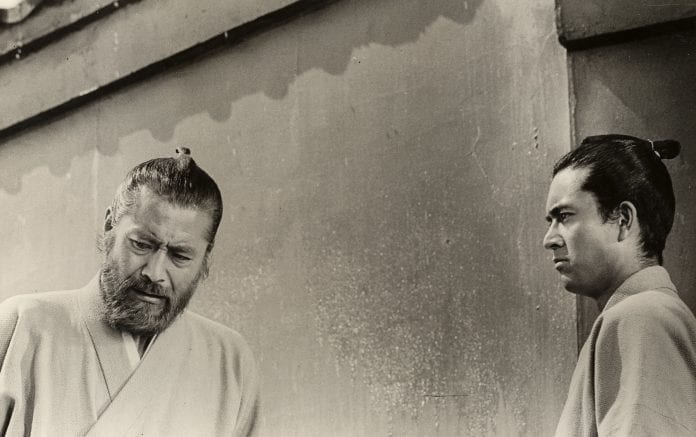
It’s well-known that Akira Kurosawa, a Japanese director, and a movie legend, was always growing a special kind of fidelity to the composers who were creating melodies and soundtracks for his movies.
And one thing is certain – he owes a great part of an enormous success he achieved with his celebrated movies to five of his favorite composers. Inter alia, the magnificent Masaru Sato. Born in 1928. he was always surrounded by music and later in life, he learned from the best – among others, his biggest support and teacher was Fumio Hayasaka, Kurosawa’s great friend and the one who composed dozens of pieces for his movies.
After Hayasaka’s death, the young Masaru was destined to keep going in the footsteps of his maestro, composing his first serious musical achievement for the cinema – or more precisely, Record of a living being from 1955. Of course, this wasn’t the end – not even close. Sato became Kurosawa’s next favorite collaborator.
Some of his most professional accomplishments include Red Beard, a Japanese drama from 1965, Godzilla Raids Again from 1955, Yojimbo from 1961 and Throne of Blood from 1957. It’s also interesting to mention that he didn’t rely much on traditional, national forms, but on some more contemporary, jazzy tunes that won the heart of every cinema lover that had the opportunity to see Kurosawa’s movies.
Toru Takemitsu
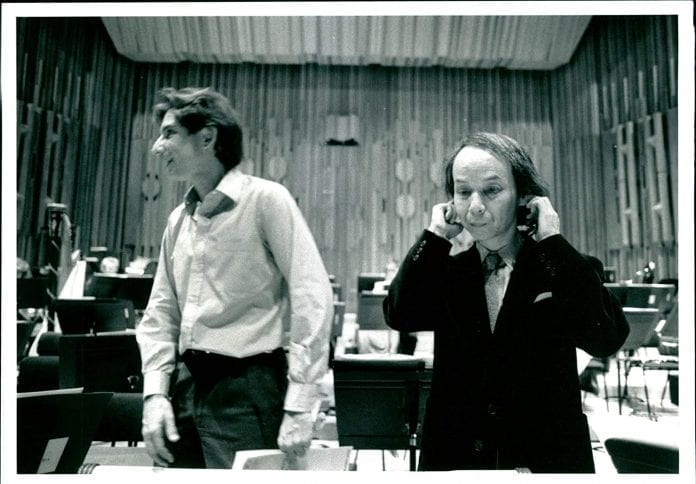
Here we have another Hasayaka’s student – a marvelous Toru Takemitsu. Born in 1930, this clever and artistically inclined Japanese was simply meant to be someone big – the world knew that, and even some huge names in the fields of music, like Stravinsky.
A Russian artist was so amazed at a certain piece Takemitsu wrote that he even took him out to have a meal together and let him know how impressed he was with his dedication and talent. He wrote a decent corpus of music tracks for Japanese Masaki Kobayashi – Kwaidan from 1964, Harakiri from 1962 and Samurai rebellion from 1967. After starting his collaboration with Kurosawa, there comes one of his masterpieces – a soundtrack for the movie named Dodesukaden made in 1970.
The epic Ran made in 1985, for which he built a more grandiose score in a very clear Kabuki style is another part of his collaboration with Kurosawa. In general, his style was a peculiar, but wonderful combination of traditional Japanese notes and some modern influence from the west.
Ryuichi Sakamoto
Do you remember the movie The Revenant that brought the first Oscar ever to Leonardo di Caprio? Well, that wasn’t the only award that was given to people who contributed to its creation. One of them, for the best musical score within Dallas-Fort Worth Film Critics, went to the composer of its soundtrack – Ryuichi Sakamoto.
And, we’re sure that this is not the only movie you know that came from this incredibly gifted man. He’s also the author of the world-famous films like High Heels from 1991, directed by Pedro Almodovar; Babel from 2006, Wuthering Heights from 1992, and so on. Movie soundtracks weren’t his only passion – he spent much time working on immensely good albums characterized by electronic and new wave notes.
Unlike his previous two colleagues, he found his inspiration in a modern, electronic sound that inspired him to create some new, intense and playful notes. This might be due to the fact that he was also younger than Sato and Takemitsu and didn’t find himself in notes they found inspirational but in another type of atmosphere.
A.R. Rahman
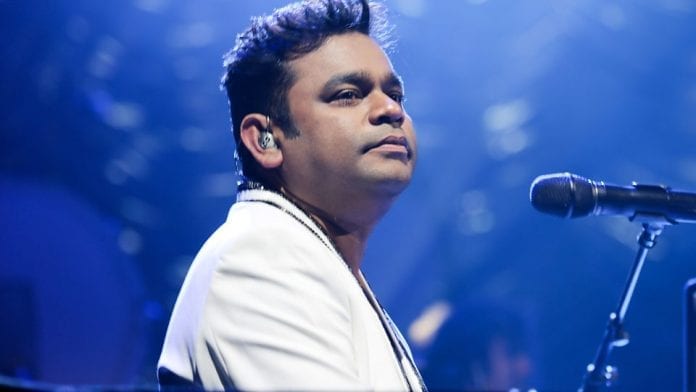
Let’s move towards India for a while. Does the name Allah-Rakha Rahman sound familiar to you? If you’ve ever been keen on Indian movies, you might know who he is – but even if you don’t, it’s never late to find out more about this versatile and extraordinary musician and composer. He might be the youngest of all the people of this list, but his contribution to the Indian cinematography isn’t negligible at all.
Moreover, it has made him the most popular representative of his profession across his own country and all around the globe. Just like his Japanese colleagues, Rahman decided to focus his creation on the amazing fusion of electronic tunes and some typical Indian notes – and it came out as a truly prosperous idea.
As we could imagine, he devoted himself to Bollywood and the enrichment of the entire musical part of the Indian film industry, including films like Lagaan from 2001, Bombay from 1995 (in Tamil) or Swades from 2004. However, his career doesn’t stop here – he also made a grandiose accomplishment with his baby, Slumdog Millionaire, that’s known even to those who don’t seem to be keen on Bollywood that much.
Another good thing about his music is that it’s available to everyone who wants to hear it, even out of the movies – Masstamilan website owners made sure that all his essential works were found in one place. Therefore, you can enjoy them if you are a fan of Tamil, but also learn more about the composer himself. How cool is that?
Joseph Koo
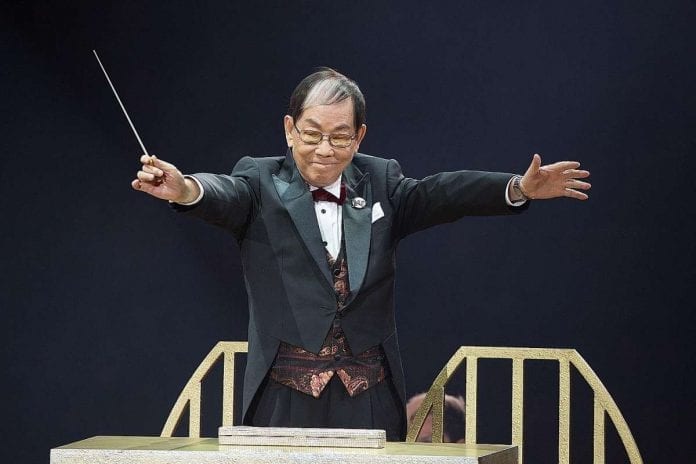
Not a surprising fact – this outstanding Hong Kong musician comes from an artistic family, as most of his brothers and sisters were fond of various kinds of art. His art was composing and he always stood out for his modesty and shyness, as he never wanted to comment more closely on his successes that could never be missed by anyone.
One of the music veterans of Hong Kong, which became world-famous for his amazing pieces that found their places on popular television shows in the second half of the last century. Some of those are A House is not a Home from 1977, Hotel from 1976, Vanity Fair from 1978 and The Good, the Bad and the Ugly from 1979 – and this is only a tiny part of his whole, admirable corpus of TV series music.
His fame was also brought by movies like A Better Tomorrow in 1987 and Game of Death in 1978, but he might be best known for taking part in the creation of tunes for Bruce Lee movies. And, apart from all this, Koo is also considered the founder of so-called cantopop – a specific, culture-oriented music genre with Chinese and Cantonese roots. His rewards speak for him, as there’s a whole bunch of acknowledgments and accolades he was given for his contribution to the world of film music.
This list could go on and on, but the point is clear – the Asian continent has given us a dozen truly outstanding masters of the composition. You might have known about some of them. You might have not. But the point is clear – they’ll always remain an unbreakable link between this beautiful continent full of gifted people and modern and classic film art.
